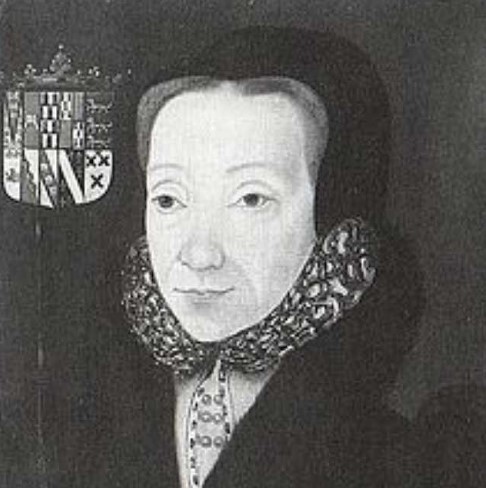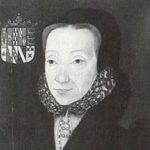Lady Anne Seymour
Date of Birth
1538
Place of Birth
Somerset, England
Towns / Cities Moved Into
-
Known Occupation
Countess of Warwick , Writer
Religion
-
Spouse
Death Information
Year of death
February 1588
Place of death
Faringdon, Berkshire, England
Cause of death
-
Obituary

Siblings








Children







Narrative / Story
In the lush landscapes of Somerset, England, in the year 1538, Lady Anne Seymour was born into a world of privilege and power. As the eldest daughter of Sir Edward Seymour, 1st Duke of Somerset, and Duchess Anne Stanhope, her life was set against the backdrop of the Tudor court, a place of intrigue and grandeur. Anne’s early years were shaped by the high standards of education and conduct befitting a noblewoman, preparing her for a life deeply intertwined with the political and cultural shifts of her era.
Anne’s journey took a significant turn in 1555 when she married Sir Edward Unton, becoming the Countess of Warwick. This union not only elevated her social standing but also brought her into a new realm of influence and responsibility. Together, they welcomed a vibrant family, including Mary, Anne, Edward II, Francis, Henry, Cecilia, and Ralph Jr., each destined to play their part in the tapestry of Tudor society.
Beyond her role as a countess, Anne distinguished herself as a writer, a pursuit both rare and commendable for a woman of her time. Her literary contributions, particularly the Latin distichs composed with her sisters for the tomb of Marguerite de Navarre, showcased her intellectual prowess and engagement with the literary circles of her day.
However, Anne’s life was not without its challenges. The socio-political landscape of Tudor England was fraught with religious and political upheavals, and as a woman of high status, Anne had to navigate these turbulent waters, ensuring the stability and prosperity of her family. In 1582, she faced a personal crisis when she was declared a lunatic, reflecting the era’s limited understanding and often harsh treatment of mental health issues. Her final years were spent under the care of her son, Henry Unton, until her death in February 1588 in Faringdon, Berkshire.
Lady Anne Seymour’s story is a fascinating glimpse into the life of a Tudor noblewoman. Her experiences, set against the backdrop of the reigns of Henry VIII, Edward VI, Mary I, and Elizabeth I, offer a unique perspective on a dynamic and transformative era in English history. Her legacy, as a countess and a writer, is a testament to the complex tapestry of privilege, intellectual achievement, personal challenges, and the ever-present undercurrents of political and social change in 16th-century England. Her narrative is not just a tale of a noblewoman but a reflection of the times she lived in, marked by the societal norms and roles prescribed to women of her status. Lady Anne Seymour’s life story, rich in detail and historical context, serves as a captivating addition to the annals of Tudor history.


